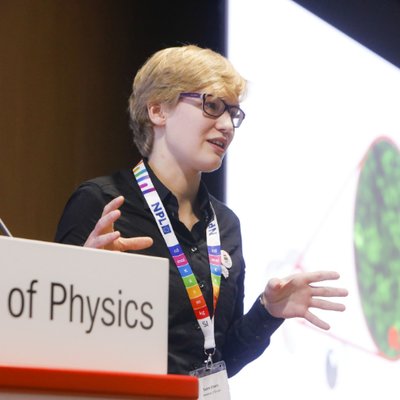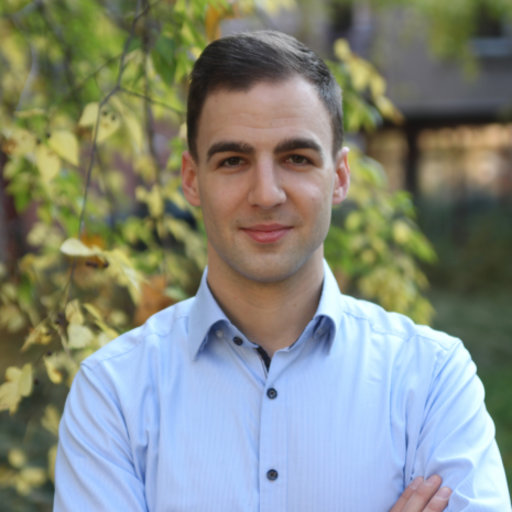This is day 4 of the ALBA Diversity Week (an online festival to celebrate diversity & inclusion in neuroscience).
Register to receive the Zoom link to access the webinar.
Watch the recording of this webinar
Academia has been a terrain marked by enduring challenges for LGBTQIA+ individuals, including a lack of visibility, underrepresentation, and discriminatory workplaces. While strides have been taken to address these issues, many barriers persist. A diverse panel of speakers, each at distinct career stages, will investigate the progress achieved thus far and discuss the course for an inclusive future.
The goal of the webinar is to discuss the challenges faced by LGBTQ+ neuroscientists, with a focus on topics such as career development, inclusion policies, and advancements in representation and visibility within the scientific community. Our aim is to provide a platform for insights from speakers at different career stages and to promote a more inclusive and supportive environment for LGBTQ+ individuals in neuroscience.
Panelists

Moderator:
Dr María Banqueri (Post doctoral Researcher at the Centre for Discovery Brain Sciences, University of Edinburgh, UK) - Member of the ALBA Gender & Sexual Diversity Working Group
Speakers:
- Dr Soraya Dunn (she/her) (Postdoctoral Researcher at Cognitive Neurophysiology Lab, UCLA Neurosurgery, US)
Soraya Dunn is a postdoctoral researcher working on understanding memory consolidation and clinical interventions that could improve memory in humans. She has held EDI positions at the departmental and faculty level, including being one of the first members of the UCL Faculty of Brain Sciences LGBTQ+ Equity Committee. She also co-founded a cross-departmental newsletter which regularly featured LGBTQ+ events and highlighted the experiences of LGBTQ+ scientists.
- Dr Camilla Nord (she/they) (Assistant Professor of Cognitive Neuroscience at the University of Cambridge, UK)
Dr Nord is the group leader of the Mental Health Neuroscience Lab at the MRC Cognition and Brain Sciences Unit. She also has a particular interest in public communication of science, and has spoken on BBC, Sky News, and in public-facing lectures, including on LGBTQ+ experience in science at the Cambridge Union and at the Cambridge Science Festival. She has just published her first book, The Balanced Brain: the Science of Mental Health (Penguin, 2023).
- Dr Bittu K Rajaraman (he/they) (Associate Professor of Biology and Psychology, Ashoka University, New Delhi, India)
Dr Bittu K Rajaraman is an Associate Professor of Biology and Psychology at Ashoka University. Bittu received a Ph.D. from Harvard University in neuroscience and followed it up as the DST-Dr. D. S. Kothari postdoctoral fellow at the Center for Ecological Sciences, Indian Institute of Science. He was then a DST INSPIRE faculty fellow at the University of Hyderabad before joining Ashoka. Bittu is a genderqueer transman and has been involved in various social justice movements, including co-founding the Telangana Hijra Intersex Trans Samiti and the Trans Academia collective
- Dr Troy A. Roepke (they/them) (Associate Professor and Associate Dean at Animal Sciences at Rutgers University, New Jersey, US)
Dr Roepke is an Associate Professor of Animal Sciences at Rutgers University. Their lab studies the influence of gonadal steroids, namely estrogens, diets, and endocrine disruptors on the physiological and neurological processes controlled by the hypothalamus, the hippocampus, and bed nucleus of the stria terminalis. They have authored or co-authored over sixty publications covering a wide range of fields including endocrine disruption, estrogen signaling, potassium channel activity, energy homeostasis, the stress response, and feeding and exploratory behaviors. They have been openly queer for over 30 years and an advocate for the LGBTQIA2S+ community in STEM within their scientific societies, social media spaces, and the classroom/laboratory. They also serve as the Associate Dean of Diversity, Equity, and Inclusion for the School of Environmental and Biological Sciences focusing their efforts on faculty diversity, retention, and development, and integrating and supporting student initiatives on campus.
This webinar is part of the ALBA Diversity Week, an online festival to celebrate diversity & inclusion in neuroscience (23-27 October 2023). Have a look at the rest of the week's programme: www.alba.network/week2023
Organisers




